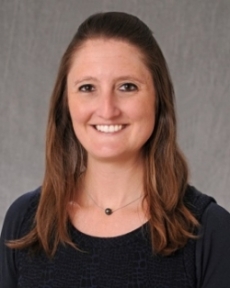Rebecca Lynch, PhD, has received an NIH CFAR Administrative Supplement entitled, "Implications of time to ART for antibody-based cure strategies" to study methods to restrict and/or clear persistent viral reservoirs for individuals treated using antiretroviral therapy (ART). The current availability of broadly neutralizing antibodies (bNAbs) capable of recognizing genetically diverse HIV-1 virus has increased the interest in using antibodies as immunotherapeutics in cure strategies. To date, clinical trials testing bNAbs highlight the critical need to study pre-existing virus diversity during ART, and the sensitivity of these diverse isolates to antibodies in order to inform optimal use of antibodies in cure strategies.
The goal of this study is to link genetic virus diversity found within the HIV reservoir to phenotypic sensitivity to neutralizing antibodies. The researchers hypothesize that the longer the time an individual takes to get on ART, the larger their resistance to bNAbs, but also an increased autologous antibody response. They hope to learn which bNAbs can optimally target reservoir virus, which individuals may have limited virus diversity and therefore represent optimal populations for antibody therapy, and lastly if limited virus diversity is associated with reduced autologous antibody diversity. These outcomes will help to contribute to developing the next generation of HIV therapies, as well as research towards a cure for HIV/AIDS.
Click here for more information on NIH CFAR Administrative Supplements.


